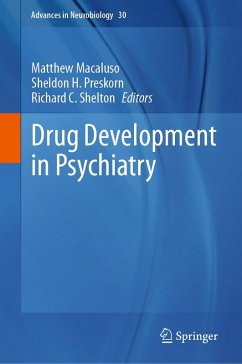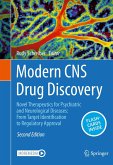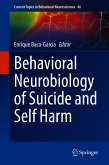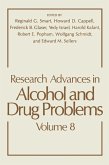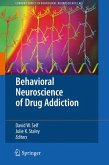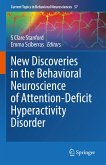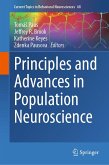This new book reviews clinical trial methodology as it pertains to drug development in psychiatry. The authors will describe the process of drug development in psychiatry from discovery through marketing with the help of clinically relevant examples. The history of drug development in psychiatry is explored dating back to the era of serendipitous discovery and culminating in an era of new and highly focused targets. The book will delineate how drug development in psychiatry has changed and adapted with the discovery of drugs with novel mechanisms of action. Drug Development in Psychiatry elucidates how biomarkers, genetics, and advances in neuroscience and neuroimaging have influenced drug development approaches, which will ultimately change the practice of psychiatry. The book charts the early years of drug discovery by chance observation, reviews the developments of the past 50 years of refined targeting of CNS drugs without the discovery of mechanistically new drugs, and looks to the discovery of mechanistically new drugs, the examination of new targets, genetics, and biomarkers.
Dieser Download kann aus rechtlichen Gründen nur mit Rechnungsadresse in A, B, BG, CY, CZ, D, DK, EW, E, FIN, F, GR, HR, H, IRL, I, LT, L, LR, M, NL, PL, P, R, S, SLO, SK ausgeliefert werden.

